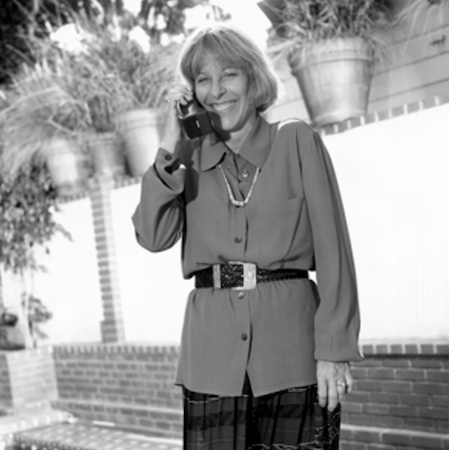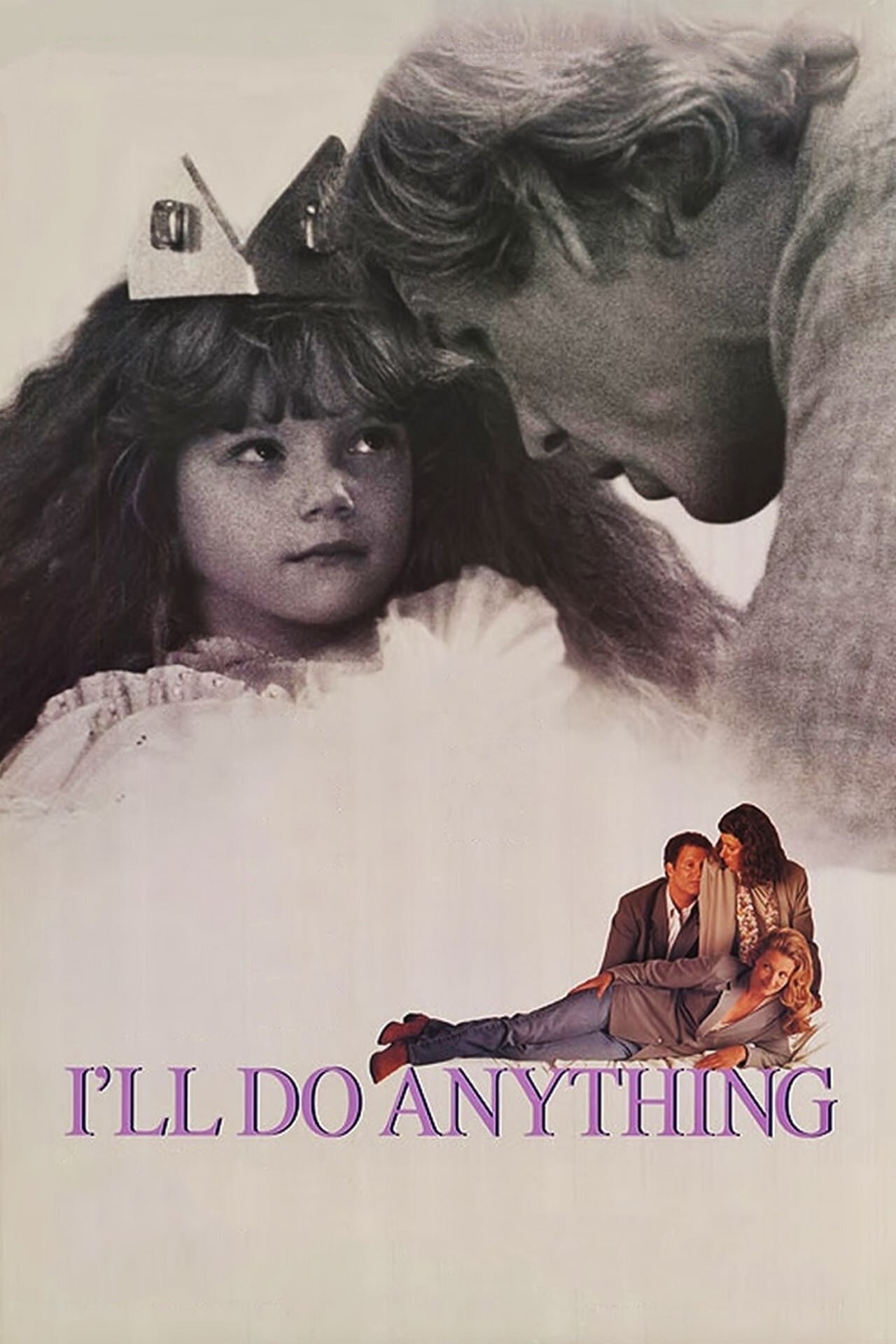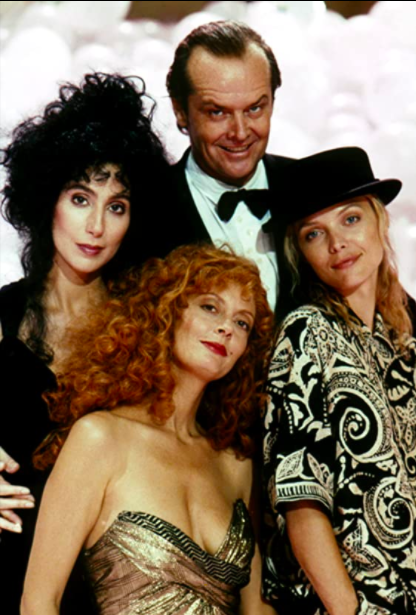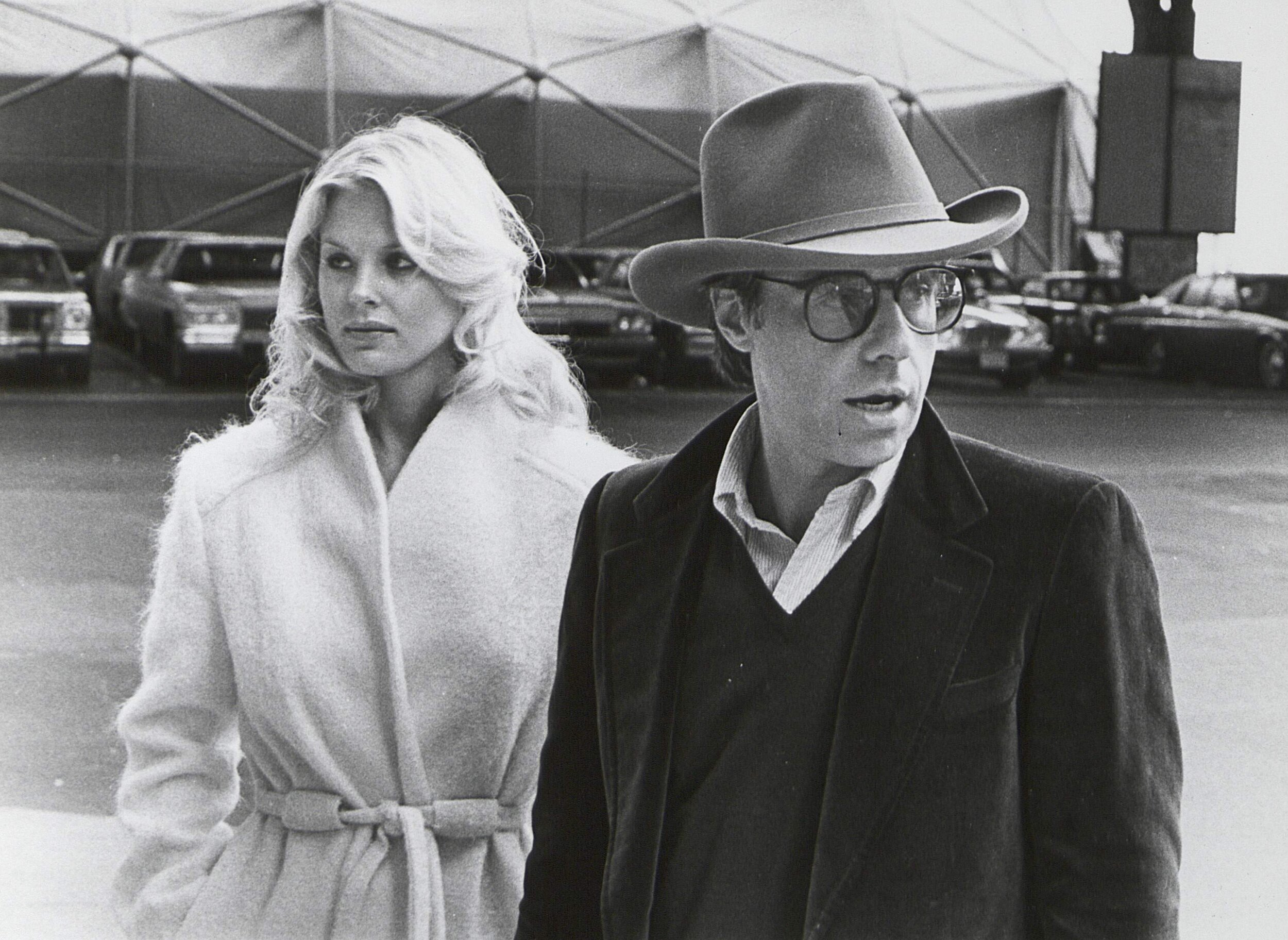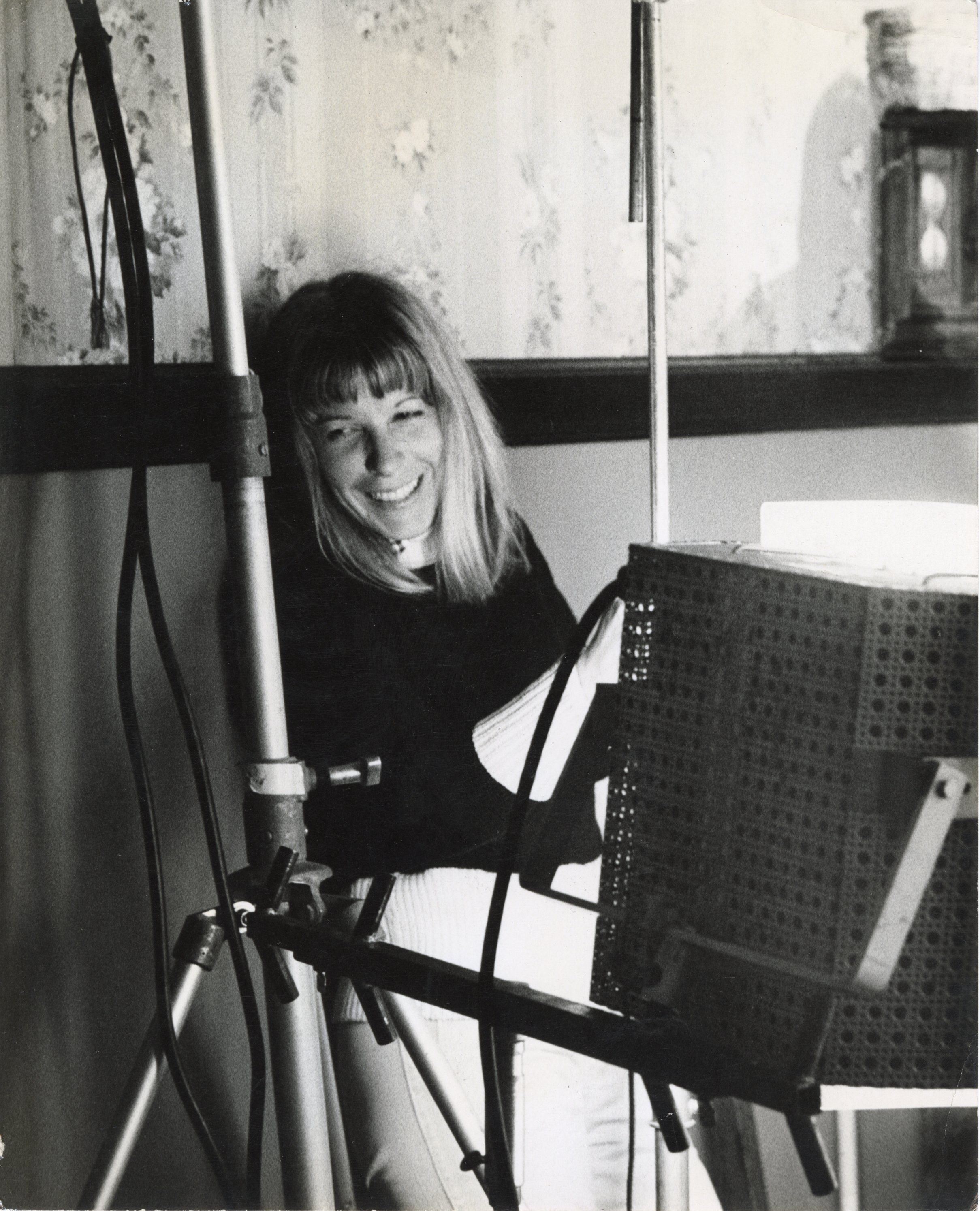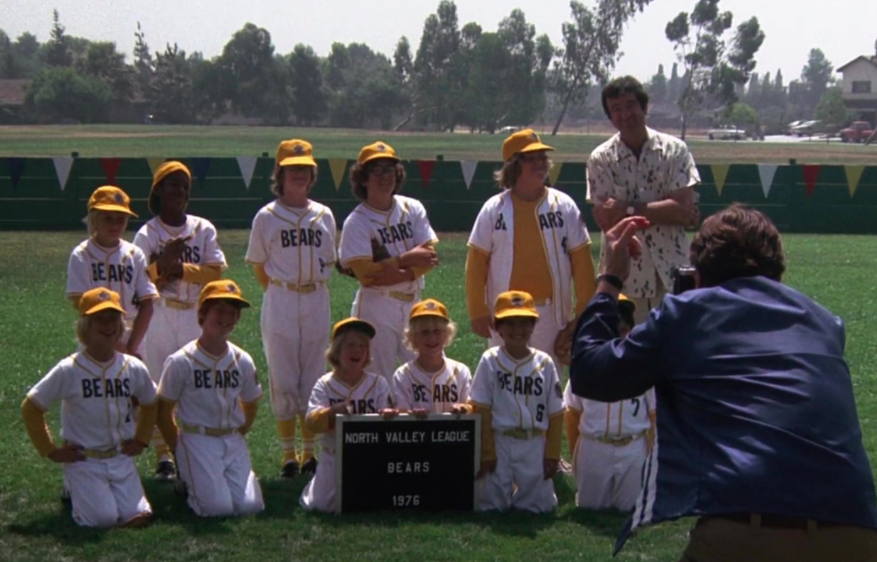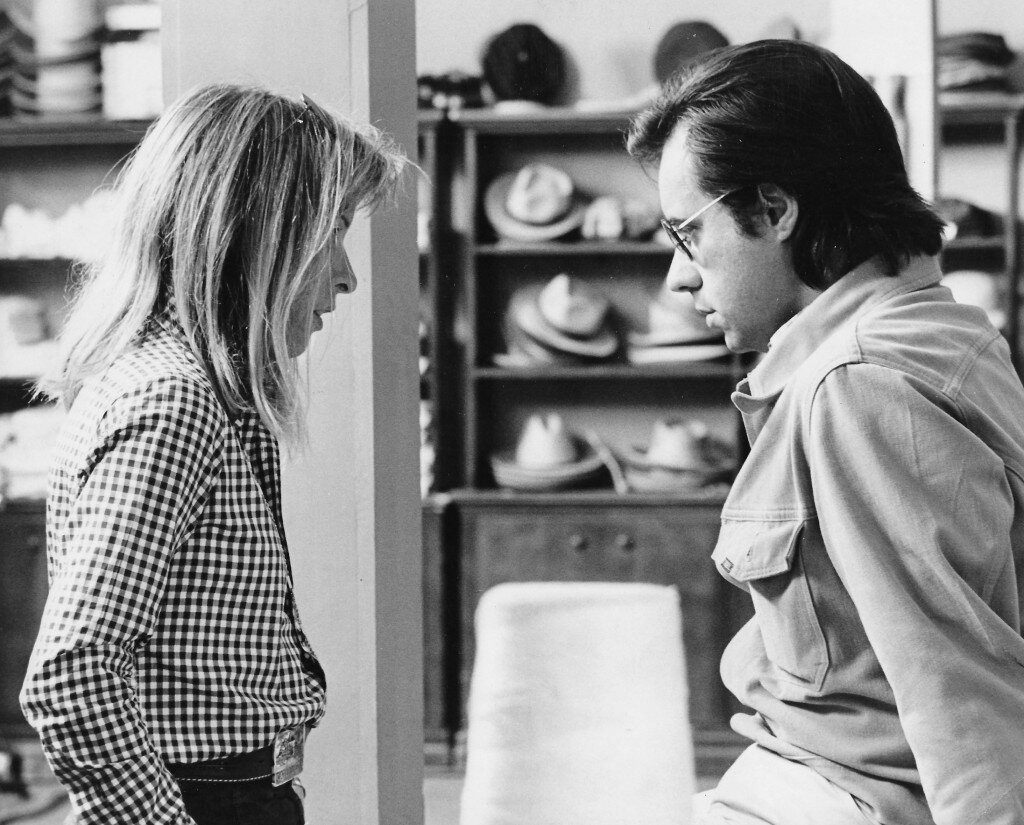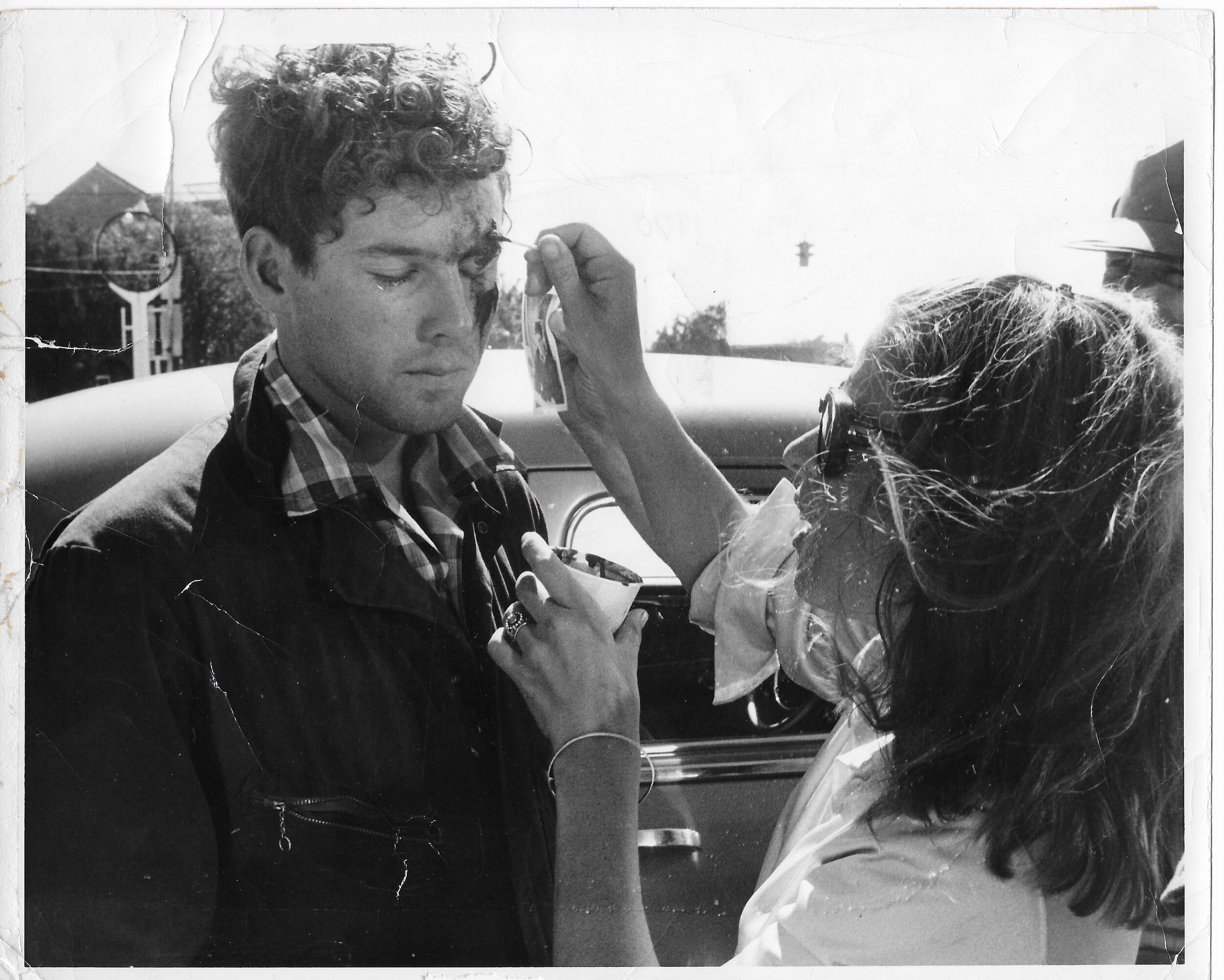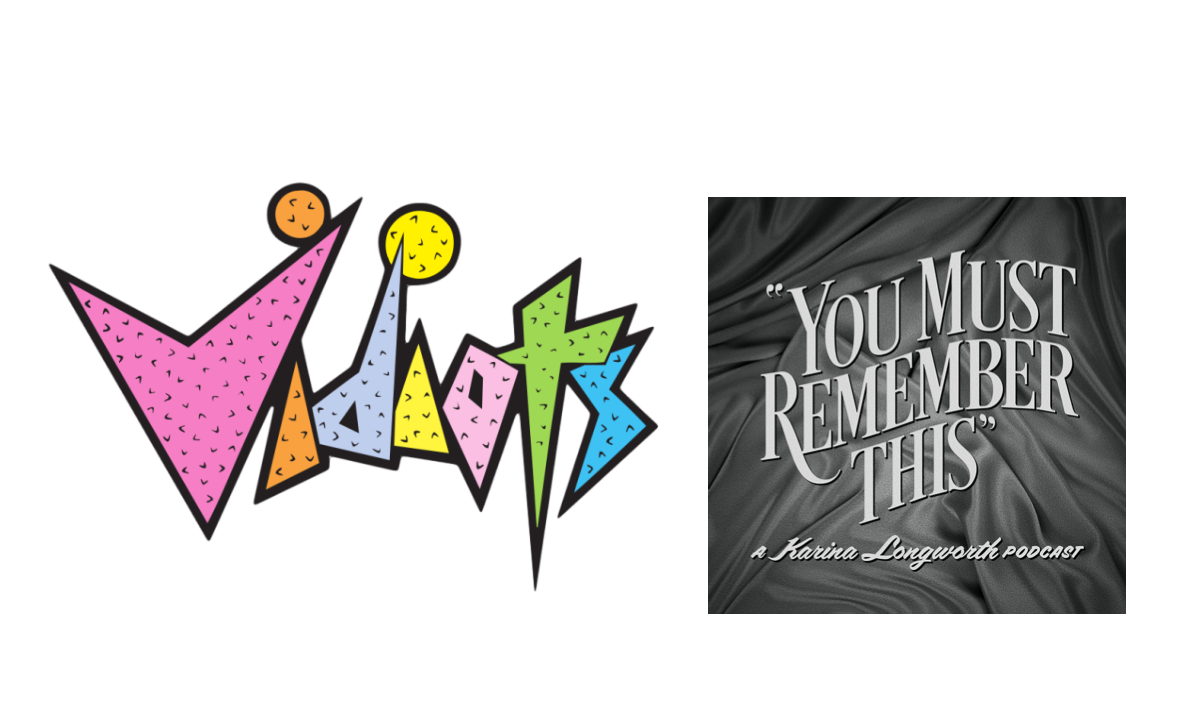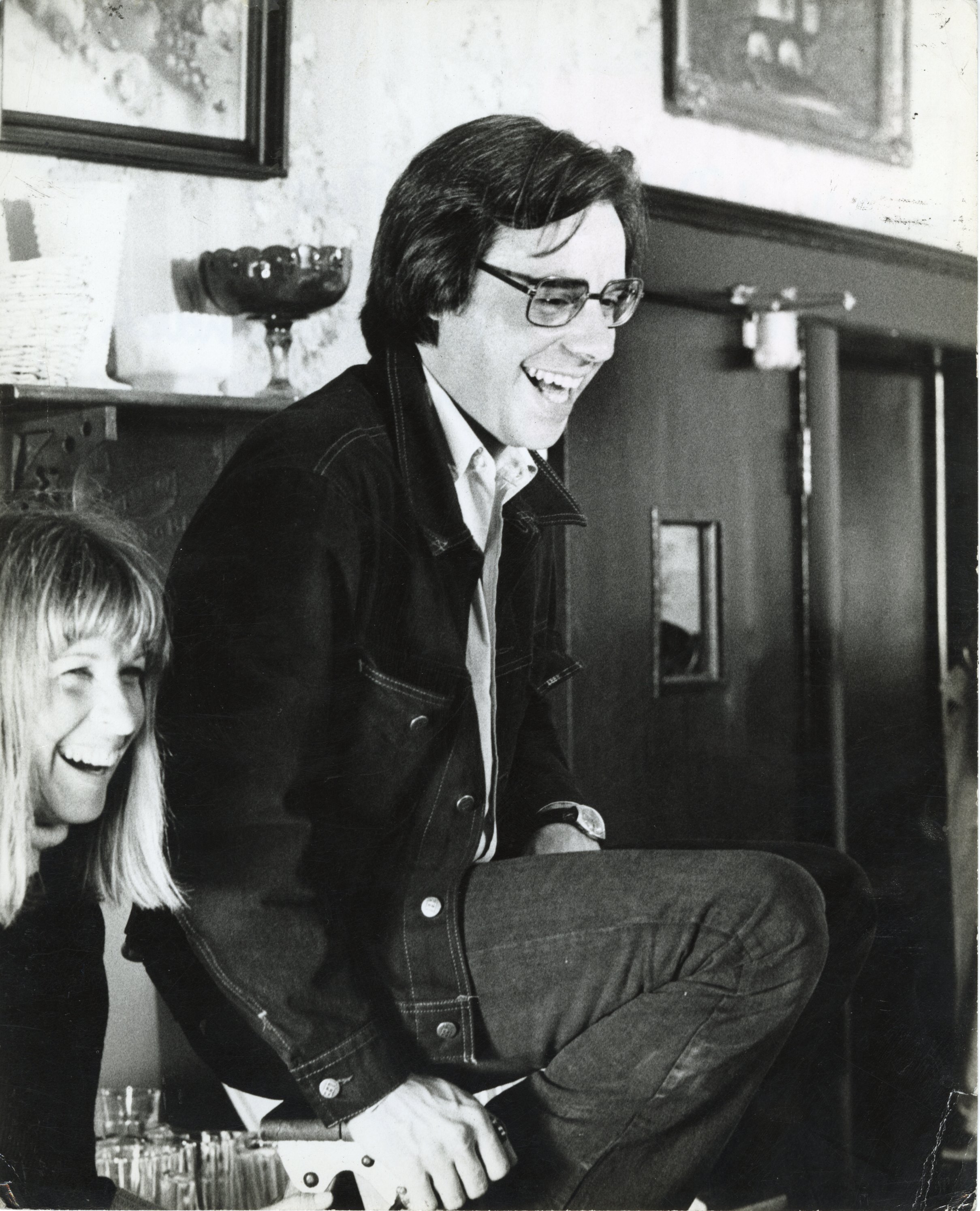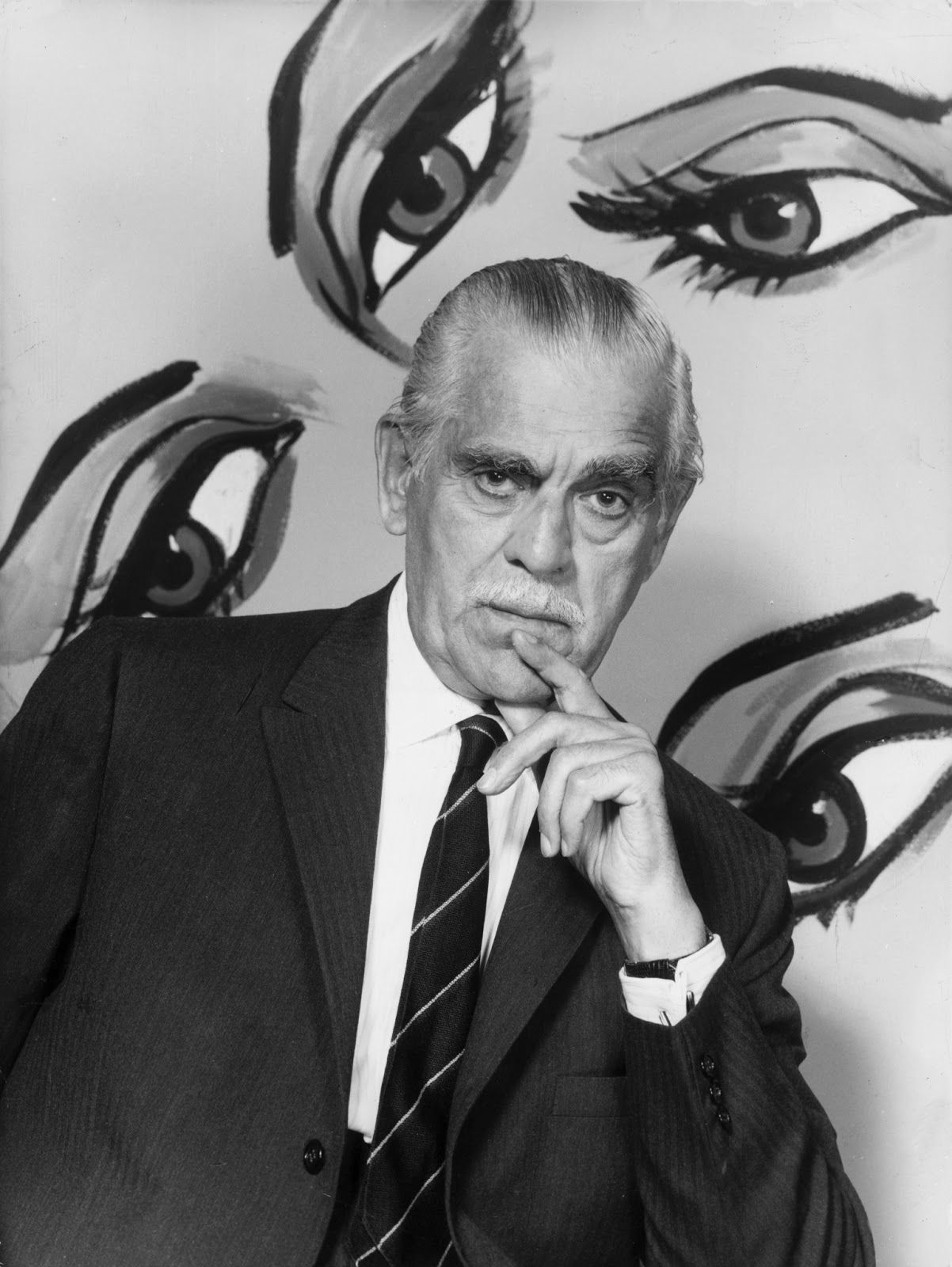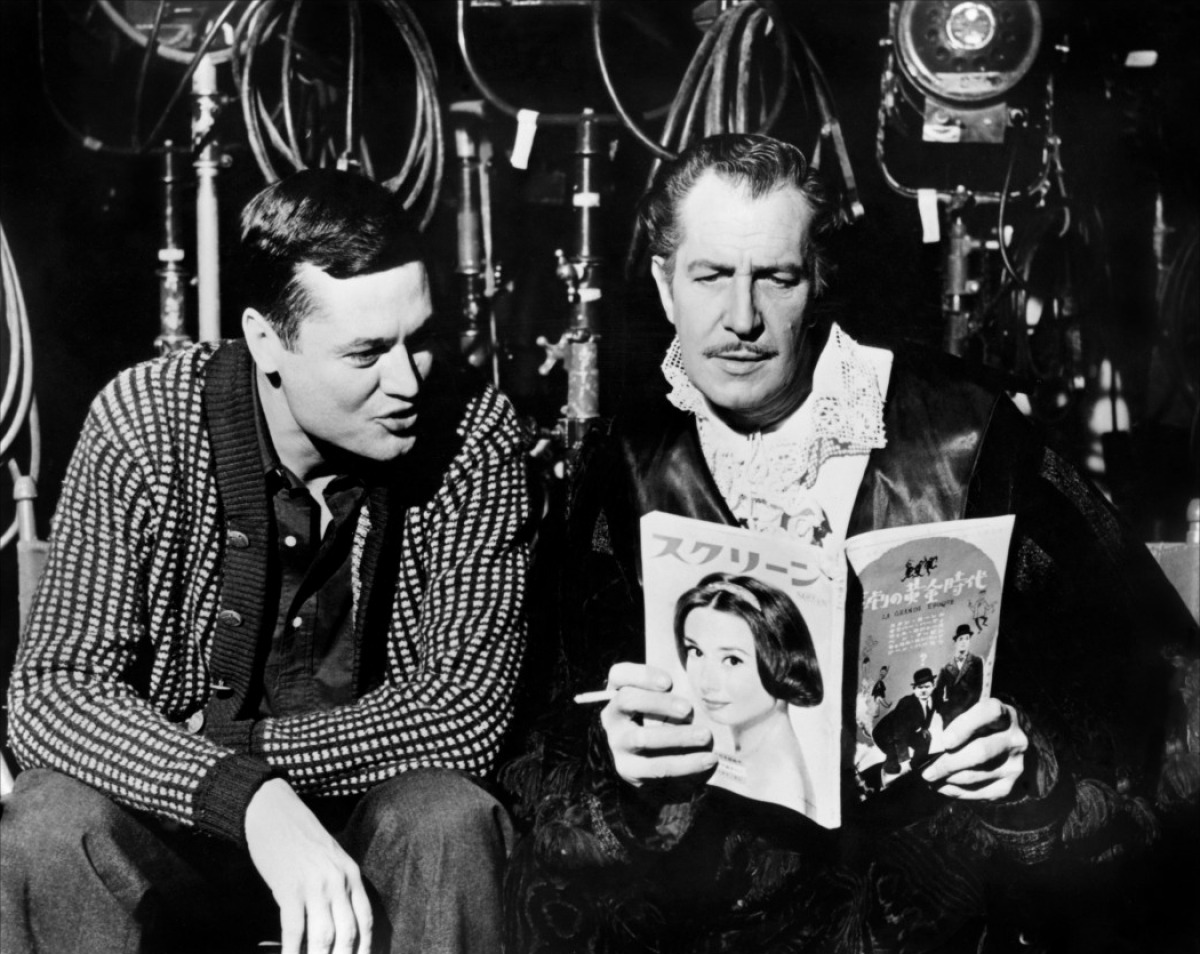Listen to this episode Apple Podcasts and Spotify.
This episode was originally released on June 3, 2020. Listen to help prep for the next episode of our new season, The Old Man is Still Alive.
After the death of her first husband and creative partner, Polly moves to New York, where she swiftly meets and falls in love with Peter Bogdanovich. Together Polly and Peter build a life around the obsessive consumption of Hollywood movies, with Polly acting as Peter’s Jill-of-all-trades support system as he first ingratiates himself with the previous two generations of Hollywood auteurs as a critic/historian, and then makes his way into making his own films. Together, Polly and Peter write and produce Targets, Bogdanovich’s first credited feature, and also collaborate on a documentary about the great director John Ford. By the time Polly gives birth to their first daughter, she believes she and Peter are an indivisible, equal creative partnership — regardless of how credit is distributed in Hollywood.
SHOW NOTES:
Sources specific to this episode:
This season is based in large part on Polly Platt's unpublished memoir, It Was Worth It, excerpted with the permission of Sashy Bodganovich.
This episode includes excerpts from interviews with: Jules Fisher, Sashy Bogdanovich, Barbara Boyle, Fred Roos, Frank Marshall, Peggy Steffans and Rachel Ambramowitz.
Music:
The music used in this episode, with the exception of the intro, was sourced from royalty-free music libraries and licensed music collections. The intro includes a clip from the film Casablanca.
Excerpts from the following songs were used throughout the episode:
Trust In Fate - Julien Guillaume Yves Bonneau, François Rousselot
Play Smart - Franck Sarkissian
Hazy Nights - Various Composers
Without You Crooner - Franck Sarkissian
Strain Therapy - Massimo Catalano, Remigio Ducros
Silver Bullet - Elliot Holmes
Tooth Fairy - Various Composers
Sunset - Kai Engel
Suspicious Cat - Ilan Moshe Abou, Thierry Oliver Faure
Low Horizon - Kai Engel
Locked Minds - Walt Adams
Rite of Passage - Unknown Composer
Stripper - Geoffrey Peter Gascoyne
The Call of the Sea (Piano Only) - John Paul Labno
Nashville Girl - Various Composers
I Knew A Guy - Unknown Composer
Piano Sonata in C Minor
Ready to Love - Various Composers
Credits:
This episode was written, narrated and produced by Karina Longworth.
Featuring special guest Maggie Siff as the voice of Polly Platt.
Research and production assistant: Lindsey D. Schoenholtz.
Social media, transcription and additional research: Brendan Whalen.
Transcription and additional research: Kristen Sales and Wiley Wiggins
Produced and edited by Tomeka Weatherspoon.
Audio engineers: Jared O'Connell, Andrea Kristins and Brendan Byrnes.
Supervising Producer: Josephine Martorana.
Executive Producer: Chris Bannon.
Logo design: Teddy Blanks.








